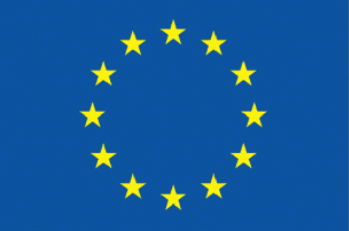
Permanent Structured Cooperation (PESCO)
Deepen defence cooperation between EU Member States


























Permanent Structured Cooperation (PESCO)
Deepen defence cooperation between EU Member States


























PESCO SECRETARIAT
Under the responsibility of the High Representative, also in his or her capacity as the Head of the European Defence Agency (EDA), the European External Action Service (EEAS), including the EU Military Staff (EUMS), and the EDA jointly provide the necessary secretariat functions for PESCO other than at the level of the Council, and in this regard a single point of contact.
The EEAS, including the EUMS, supports the functioning of PESCO in particular by:
(a) contributing to the High Representative’s assessment, in his or her annual report on PESCO, of participating Member States’ contributions with regard to operational aspects;
(b) coordinating the assessment of project proposals, notably in the areas of availability, interoperability, flexibility and deployability of forces. In particular, the EEAS, including the EUMS, assess proposed projects’ compliance with, and their contribution to, operational needs.
The EDA, for its part, supports PESCO in particular by:
(a) contributing to the High Representative’s assessment, in his or her annual report on PESCO, of participating Member States’ contributions with regard to capabilities, in particular contributions made in accordance with the more binding commitments;
(b) facilitating capability development projects, in particular coordinating the assessment of projects proposals, notably in the area of capability development. In particular, EDA shall support Member States in ensuring that there is no unnecessary duplication with existing initiatives also in other institutional contexts.
